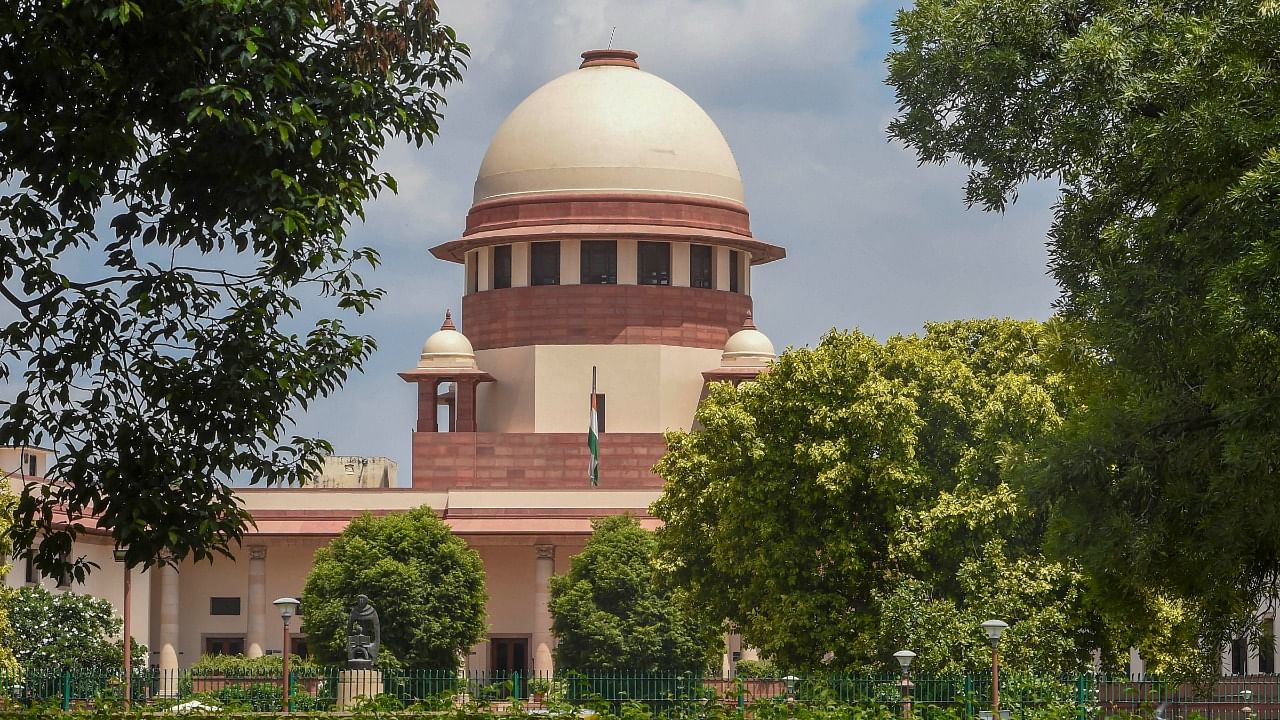
The Supreme Court on Friday said the initiation of disciplinary proceedings against persons with mental disabilities is a facet of indirect discrimination.
It also held that a person with a disability is entitled to protection under the Rights of Persons with Disabilities Act as long as the disability was one of the factors for the discriminatory act.
A bench of Justices D Y Chandrachud, Surya Kant and B V Nagarathna ruled that the disciplinary proceedings initiated against an employee with mental disabilities are discriminatory and violative of the provisions of the law.
The top court allowed an appeal filed by Ravinder Kumar Dhariwal, an assistant commandant in central police force who faced a string of inquires and suspension for alleged use of unparliamentary language, appearing in television channels and other print media without the prior approval of the department, and trying to intentionally cause an accident, and assaulted a deputy commandant.
It adverted to the medical history of the appellant to note that he started facing obsessive-compulsive disorder and secondary major depression in 2009 and he was categorised as permanently disabled, having 40 per cent to 70 per cent disability.
"The mental disability impairs the ability of persons to comply with workplace standards in comparison to their able-bodied counterparts. Such persons suffer a disproportionate disadvantage due to the impairment and are more likely to be subjected to disciplinary proceedings. Thus, the initiation of disciplinary proceedings against persons with mental disabilities is a facet of indirect discrimination," the bench said.
The bench set aside the disciplinary proceedings against him in the first inquiry, saying he was entitled to the protection under the RPwD Act in the event he is found unsuitable for his current employment duty. The court directed that while re-assigning the appellant to an alternate post, should it become necessary, his pay, emoluments and conditions of service must be protected.
The authorities will be at liberty to ensure that the assignment to an alternate post does not involve the use of or control over firearms or equipment which may pose a danger to the appellant or others in or around the workplace, it added.
Check out latest DH videos here
Deccan Herald is on WhatsApp Channels| Join now for Breaking News & Editor's Picks
